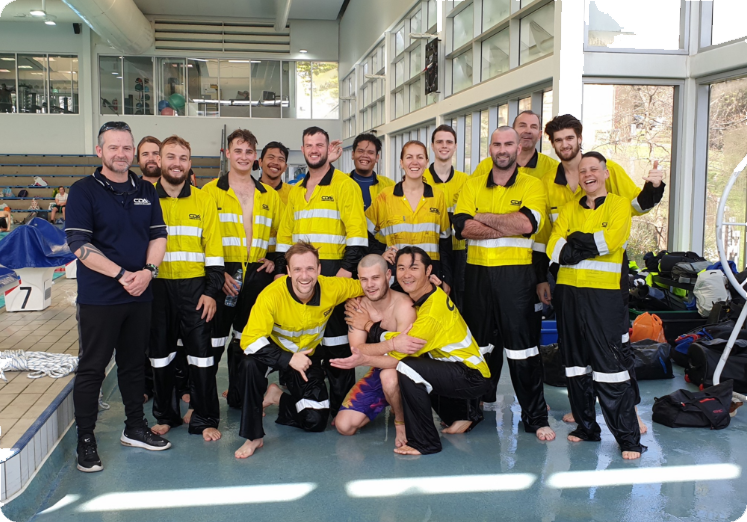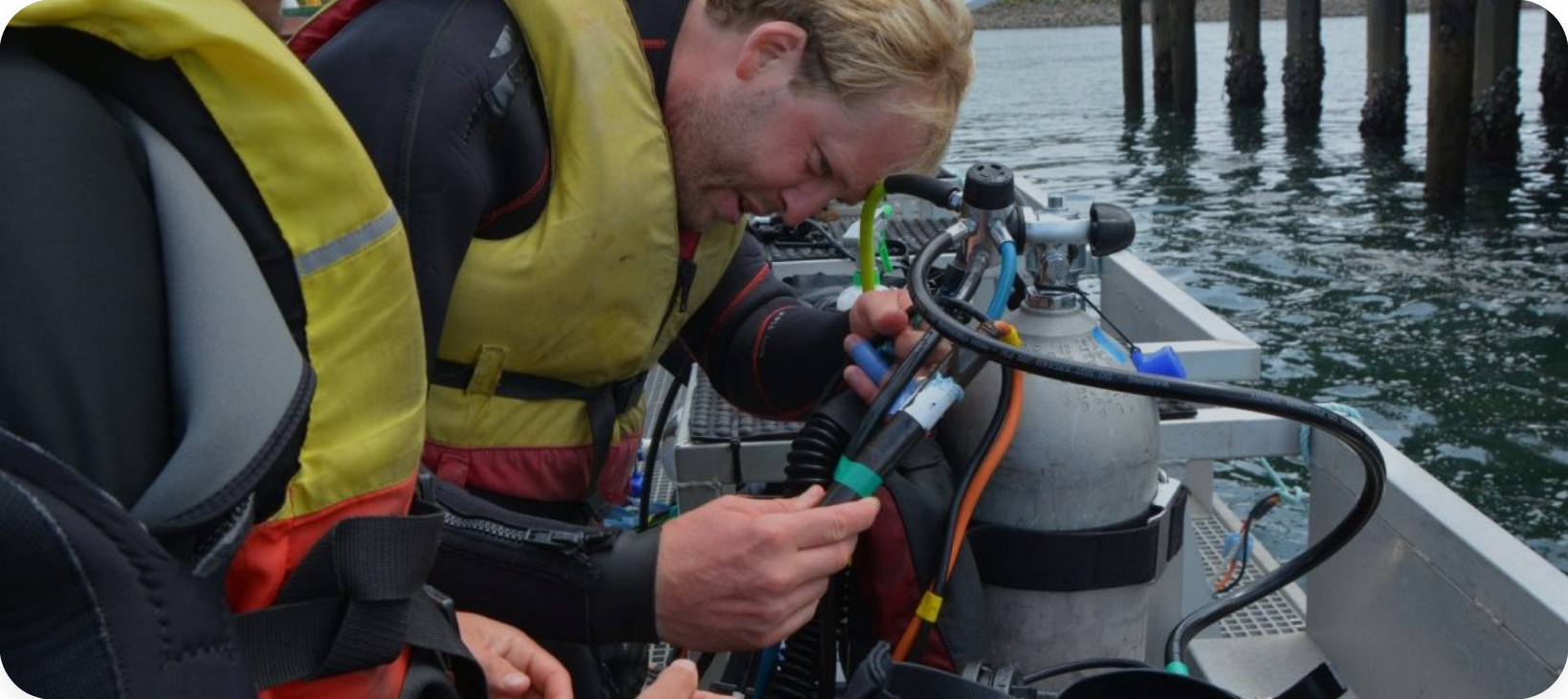
Training in Queensland
WHEN SHOULD I DO SCUBA TRAINING? Commercial Scuba Dive Training is generally a pre requisite of all the higher levels and so in most circumstances must be completed to work…
Read More
Training in Western Australia
THE MAIN STEPS YOU MUST TAKE Commercial divers work in a huge range of industries, with one thing in common the core work is performed below the surface of the…
Read More
Training in Tasmania
WHEN SHOULD I DO SCUBA TRAINING? Commercial Scuba Dive Training is generally a pre requisite of all the higher levels and so in most circumstances must be completed to work…
Read More